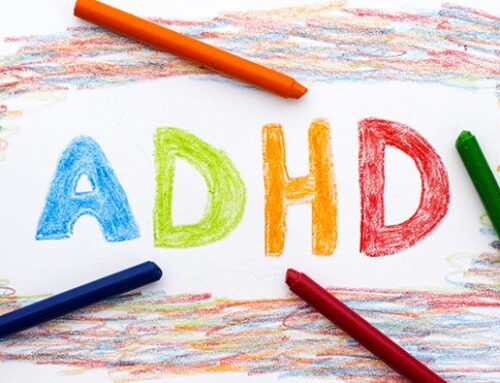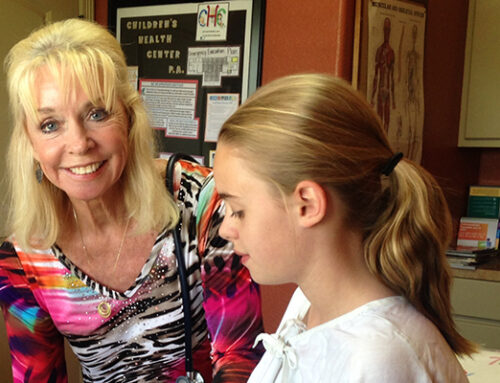By Sandra K. Thomas, M.D.
Can TV watching improve babies minds? The answer is “NO”! New research shows that babies and toddlers who watch TV actually learn less than their counterparts who play with toys or otherwise interact with humans.
The American Academy of Pediatricians has come out with a new policy strongly warning against exposing our young to the big screen. According to the statement, TV programs and videos do more harm to the children. It limits the amount of play time and interactions with others as well as disrupting the routines of sleep and eating.
According to Dr. Ari Brown, a pediatrician in Austin, Tex, “infants and toddlers who get ‘screen time’ get less ‘talk time”. It may seem that the videos and programs are safe and educational, but they do not stimulate the human brain. Normal development includes play time and talk time.
Dr. Brown, the primary author of the new study, stated that “Studies have already shown that 84% of parents talk less to their babies when the television is on and that they use 74% fewer new words”, which is a pattern that affects language development. The best way to stimulate the developing brain is to allow the children unstructured play time. When children play with toys, they are learning how to problem-solve as well as honing their motor skills and reasoning skills.
In households that have a lot of media use, children also read 25% less than household that promote reading over TV. These children do not learn how to read as well and do not perform as well in school when they are older. Additionally, children who watch TV before bed do not sleep as well and suffer with irregular sleep cycles.
Parents should not feel guilty about putting a child on the floor with toys. Likewise, reading each night before bedtime should become a ritual in all households. These two simple duties could make a big difference in the development of all children.







